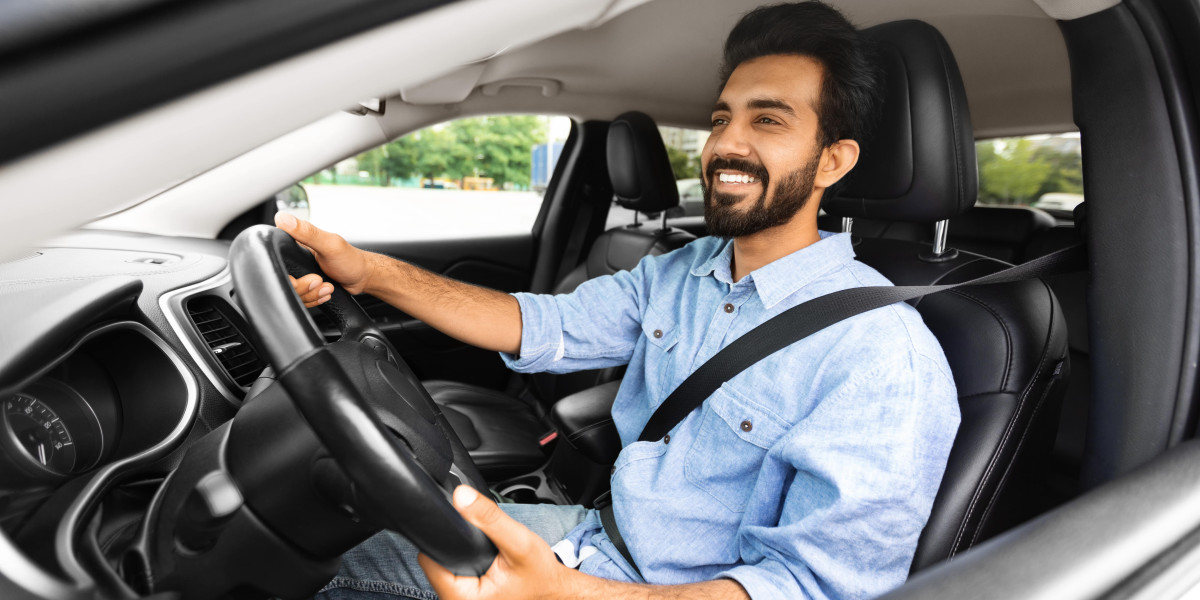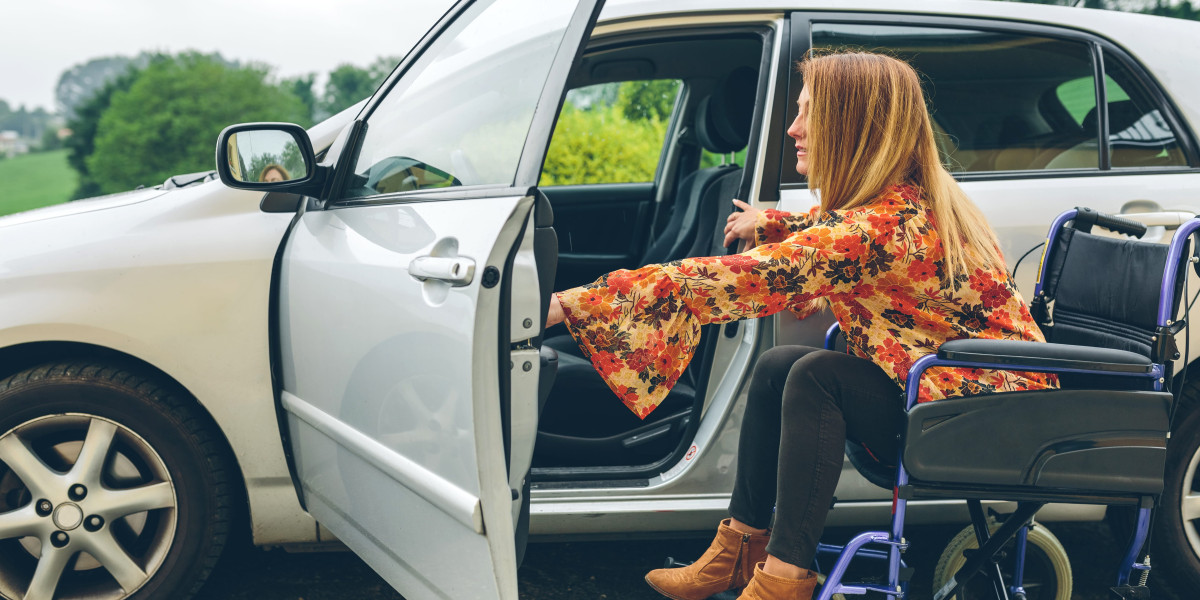Understanding the UK Driver's Licence: A Comprehensive Guide
Obtaining a driver's licence in the United Kingdom is a significant turning point for many individuals. It not just symbolizes independence but also provides higher freedom in individual and expert elements of life. This post aims to offer a detailed introduction of the UK driver's licence, consisting of how to apply, various kinds of licences, and various guidelines related to driving in the UK.
Overview of the UK Driver's Licence
In the UK, a driver's licence is a main file that permits a specific to run automobile on public roads. The driving licence system in the UK is structured and regulated by the Driver and Vehicle Licensing Agency (DVLA).
Kinds Of UK Driver's Licences
The UK provides several types of driving licences, each tailored for different categories of automobiles. These consist of:
Provisional Licence:
- Age Requirement: Minimum of 17 years
- Allows students to drive under certain conditions.
- Can not drive without a qualified driver accompanying them.
Complete Licence:
- Issued as soon as a person has actually passed both the theory and practical driving tests.
- Various classifications offered based on lorry types:
- Category B: Cars
- Classification A: Motorcycles
- Category C: Large items lorries
- Category D: Buses
International Driving Permit (IDP):
- Required for driving in some foreign countries.
- Provided to UK licence holders at Post Office branches.
Short-lived Licences:
- For people who might have lost their licence or are waiting for updates on their existing licence.
The Application Process for a UK Driver's Licence
Obtaining a driver's licence in the UK involves several actions, whether for a provisional or complete licence. Here are the necessary steps in detail:
Step 1: Obtain a Provisional Licence
- Eligibility: Individuals need to be at least 17 years old to apply.
- Application: Applications can be made online by means of the DVLA website or through paper kinds available at post offices.
- Documents Required:
- Proof of identity (passport or another main ID).
- National Insurance number (if offered).
- A postal address in Great Britain.
Step 2: Study for the Theory Test
- Content: The theory test consists of multiple-choice concerns and a danger perception test.
- Preparation: Various resources are available, including online courses, apps, and books that aid in preparation.
Action 3: Pass the Theory Test
- The theory test should be cleared before trying the useful driving test.
Step 4: Practical Driving Test
- Learning and Instruction: A person can take driving lessons with a licensed instructor or learn with an approved accompanying driver.
- Reserving the Test: Once positive in driving abilities, prospects can schedule their practical test online.
- Test Components: The dry run assesses driving abilities, maneuvers, and real-world driving conditions.
Step 5: Receiving the Full Licence
- After effectively passing the useful driving test, the DVLA will provide a full driving licence, which enables people to drive separately.
Guidelines and Regulations
Maintaining a legitimate driving licence in the UK needs adherence to numerous rules and regulations:

- Renewal: Licences must be renewed every 10 years. Renewal can be done online or by means of paper application.
- Points System: The UK utilizes a charge points system. Particular traffic offences lead to points being contributed to a driver's licence, which can lead to serious effects if the accumulation surpasses a specific limit.
- Medical Conditions: Drivers must inform the DVLA of any medical condition that might affect their ability to drive.
Common Challenges in Obtaining a Licence
Obtaining a driver's licence can sometimes be challenging. Here are some common difficulties faced by striving drivers licence uk - https://Www.richiepotts.top/automotive/a-guide-to-obtaining-a-uk-drivers-license, and suggestions on how to tackle them:

- Nervousness During Tests: Many candidates experience stress and anxiety throughout their theory or useful tests. It is advisable to take mock tests or engage in practice sessions to develop self-confidence.
- Failure to Pass Tests: If a specific fails their tests, they can retake them after a particular waiting period. Preparing with extra driving lessons or study products can help in subsequent attempts.
- Comprehending Rules: The intricacies of road guidelines and regulations may be overwhelming. Registering in a trustworthy driving school can offer clarity and insight into these policies.
FAQ Section
1. The length of time does it require to get a driving licence in the UK?The timeline differs based upon the individual's knowing speed. On average, attaining a full licence can take a couple of months, consisting of learning time and the waiting duration for tests. 2. Can I drive while awaiting my full
licence?You can drive with your provisionary licence if accompanied by a qualified driver who is at least 21 years old and has actually held a complete licence for three or more years. 3. What do I do if I lose my driving licence?You can apply for a replacementlicence via the DVLA site or through post, supplying required identification and paying the needed charge. 4. Just how much does it cost to get a driver's licence in the UK?Costs can vary considerably but typically include application fees , the theory test fee, dry run charges, and driving lessons. Overall, it might amount to countless pounds, depending on individual circumstances. 5. Is there a minimum variety of lessons I should take?There is no main minimum number of lessons mandated. Nevertheless, taking lessons until you feel confident is a good idea. Obtaining a driver's licence in the UK is a fulfilling procedure that opens the door to mobility and freedom. By understanding the steps included, the kinds of licences available, and the guidelines governing driving, prospective drivers can navigate the system effectively. Whether one is a learner or a skilled driver, remaining informed on the most recent policies and best practices is vital to guarantee safe and accountable driving within the UK.







